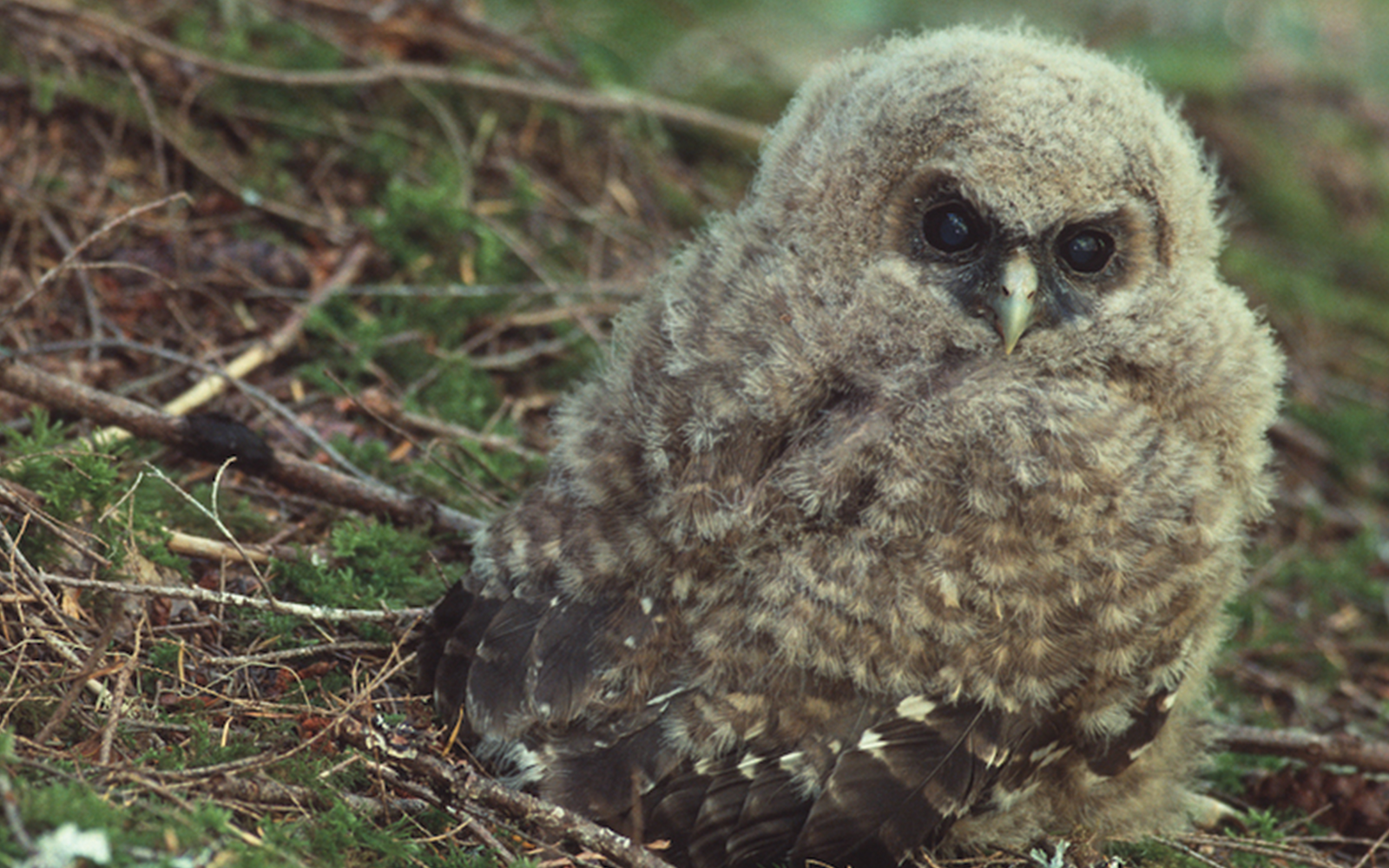FOR IMMEDIATE RELEASE
March 17, 2022
Contact:
Grace Brahler, Cascadia Wildlands, (541) 393-8178, grace@cascwild.org
Noah Greenwald, Center for Biological Diversity, (503) 484-7495, ngreenwald@biologicaldiversity.org
Jennifer Fairbrother, Native Fish Society, (541) 602-0696, jennifer@nativefishsociety.org
Draft Plan Fails to Address Impacts of Roads,
Logging Steep Slopes on Salmon, Water Quality
PORTLAND, Ore. — The Oregon Department of Forestry and the National Marine Fisheries Service issued a draft environmental impact statement today for a habitat conservation plan that regulates logging on more than 600,000 acres of state forest in western Oregon.
The plan would allow the department to continue to log and harm endangered species, including coho and Chinook salmon, northern spotted owls, marbled murrelets and others, for 70 years in exchange for some habitat protection.
The draft impact statement prepared by the Fisheries Service, however, does contain a “conservation alternative” that would buffer landslide initiation sites and create a process for addressing problematic roads.
“Oregon needs to adopt the conservation alternative and do more to protect streams for our precious salmon,” said Noah Greenwald, endangered species director at the Center for Biological Diversity. “Safeguarding streams in the Oregon Coast Range isn’t rocket science. All it takes is avoiding logging in the steepest areas and reducing road miles. The Oregon Department of Forestry’s preferred alternative, however, does neither.”
Although the plan’s preferred alternative would increase the acreage of protected forest, it does little to address increased landslide risk due to logging the steep slopes found in much of Oregon’s state forests or to address problems with the thousands of miles of roads that crisscross these forests. Sediment pollution from logging and roads was a primary justification for listing Oregon Coast coho salmon under the Endangered Species Act. Such pollution causes problems for many wildlife species and people.
The Center, Native Fish Society and Cascadia Wildlands are currently suing the Oregon Department of Forestry in federal court for the harm being done to coho salmon from logging and roads on state forests. The Fisheries Service in 2011 reaffirmed that Oregon Coast coho salmon qualify as a threatened species and identified logging operations on high-risk landslide sites and sediments from roads as major concerns for salmon survival. The lawsuit seeks to address these issues.
“The impacts of this plan will reverberate for decades. We must ensure that it contains the changes that are needed on the landscape to sustain the recovery of these ecologically, economically and culturally important fish,” said Jennifer Fairbrother, conservation director at the Native Fish Society.
“The adverse effects of climate change are happening faster than we or other species can adapt,” said Grace Brahler, wildlands director for Cascadia Wildlands. “Given that this plan will be in effect for seven decades and knowing what’s at stake, we cannot afford to let the department fail to take commonsense habitat protections.”
The Fisheries Service will publish a notice of public availability Friday and take comments on the impact statement for 60 days. The Department of Forestry is planning to finalize the plan by spring of 2023.
Public Draft of the “Western Oregon State Forests Habitat Conservation Plan”
TAKE ACTION: Sign the Petition HERE to support habitat conservation and reject calls for more logging on state forests.

